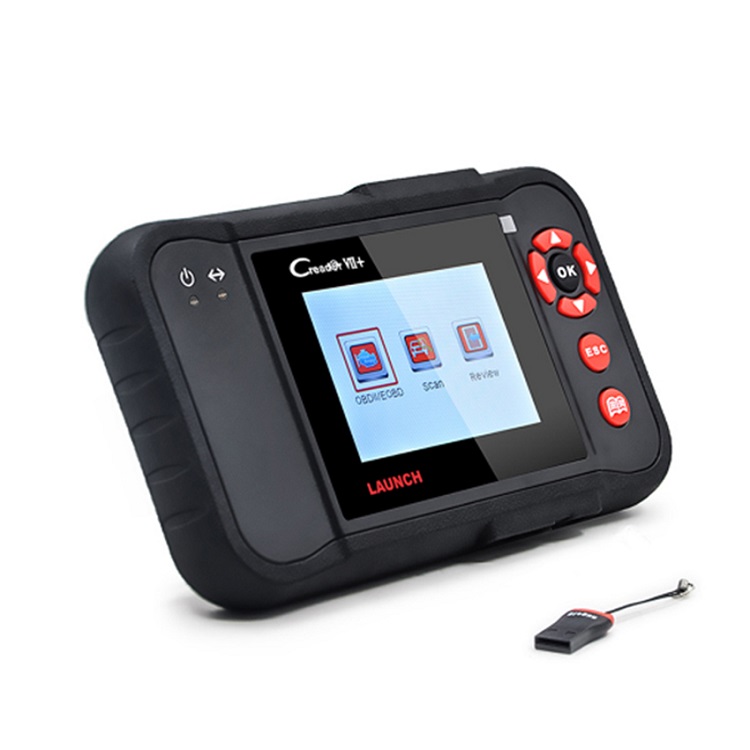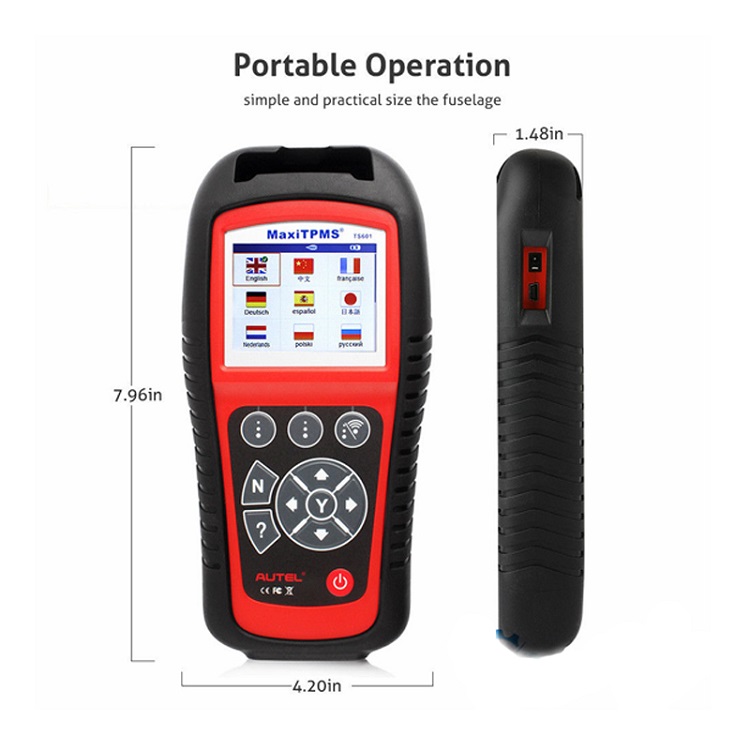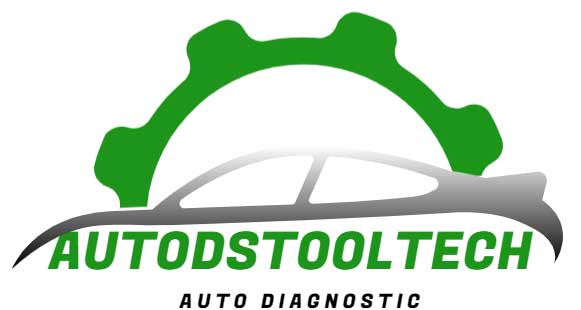How to test your car by yourself before going to the garage?
Here is Alice from Auto Green Technology Company Limited.
If something goes wrong with your car and you don't know much about car repair, then it's time to go to the shop but at this very time to against coronovirus it is very important to check by ourself firstly.At the other hand it is understandably worried about getting ripped off—car mechanics are so good at detecting which customer doesn't know anything about his own cars. To avoid this, it's a good idea to narrow down the possibilities of what's going wrong with your car. Your sense of sight, hearing, touch, and smell are the very direct tools you can have.
A few sight checks can help ensure that important parts of your car are working as they should be. Here's what to look for:
Warning lights: The warning lights on your dashboard--- the starting point. Yet the most common, the Check Engine light, can be utterly confusing because it can cover problems in severity. Others, like the engine temperature light, tire pressure light, or oil light are more straightforward to decipher. Regardless of what lights up, never ignore it. Delaying a diagnosis and repair could lead to even bigger problems down the road.At this time a DIY scanner for your is very convenient.Such as Launch CRP Touch Pro WIFI Auto Diagnostic Tool. Launch CR319, Launch Creader VII+

Tire check: Take a close look at your tires to see if they're in good shape. Tires have a tread that increases grip and channels water away from the contact patch, reducing your chances of hydroplaning. Therefore keeping sufficient tread depth is important, and checking takes a matter of seconds.
Clunking or creaking: Here listen.Worn-out suspension components often make a clunking or creaking sound. If a suspension strut or shock is worn out, it can clunk when force is placed upon it, especially when driving over a bumpy road. Ball joints and bushings require grease to stay lubricated and moving smoothly. If the grease dries out, it can creak.Autel MaxiTPMS TS601TPMS Diagnostic And Service Tool,XTOOL 2019 TP200 TPMS

Ticking or squealing: Hearing a rapid tick or prolonged squeal can indicate an issue with a belt under the hood. A loose timing belt can tick as it slips over the pulleys that connect it to the camshaft and crankshaft. Squealing, especially when turning the steering wheel, is often caused by a stretched out power steering belt or failing power steering pump.
However, a high-pitched squeal when you push the brakes probably means that the pads are worn out. Brake pads have a wear indicator that comes into contact with the rotor as the pad material wears away, letting you know it's time for a new set.
Popping or banging: Engine backfires occur when fuel ignites when it's not supposed to, producing a popping or banging noise. Multiple issues can cause backfires, from worn-out spark plugs, an imbalanced air/fuel mixture, out-of-sync ignition timing, or dirty air filters. Regardless of the cause, you should get a backfiring engine instantly.
Grinding: Grinding is often heard when there's an issue with gears meshing together, so unsurprisingly transmission problems cause this noise. Your transmission won't work well if it has worn out gears or if the fluid is low, so if you hear a grinding noise along with rough shifting, you have an idea where to look.
Bad brake rotors can also make a grinding noise, but if they're in good shape it could be that some debris is caught in between the pad and rotor.
Bubbling or gurgling: This noise usually means there's air mixing with fluid. It could be a leak in your cooling system, which allows air into the radiator and increases the chances of overheating. A blown head gasket can also allow exhaust to enter the cooling system, which can cause a bubbling or gurgling sound when the engine is running.
Feel Out Funkiness
Your own body is also an excellent tool for feeling out car problems. Maybe you feel an unusual vibration, bumpy ride, or abnormal resistance. Just keep your hands on the steering wheel and feet on the pedals to detect a problem.
Vibrating or shaking: Numerous issues can cause shakes and vibrations, so make sure to inspect them all before coming to a conclusion. First up, check your wheels and tires. It could be that they're misaligned or out of balance, reducing your handling and fuel economy while increasing tire wear. A lug nut could be loose, too. Worn mounts won't hold the engine or transmission tight against the frame, leading to vibrations.
Failing suspension can also vibrate, since it can't work as well to dampen the normal impacts your car experiences. Warped brake rotors will vibrate whenever you touch the pedal. Problems with engine timing can also cause serious shaking. If all that checks out, inspect the bolts that mount your seat to the floor.
Leaning or pulling: It's scary when your car pulls in a direction you don't want it to go. Most often it's a problem with the wheels, tires, steering, or suspension that causes your car to lean or pull. A fix could be as simple as inflating your tires, so check their air pressure first. Failed shocks frequently tilt a car off-balance, which will be plain to see, but you'll also detect a rough ride along with a pulling sensation.
















